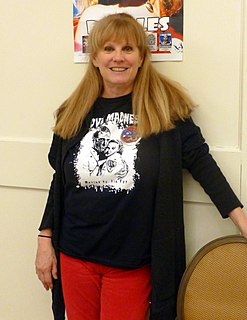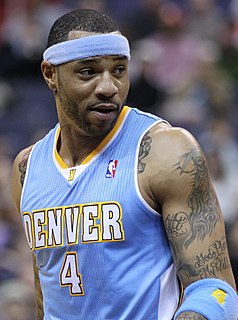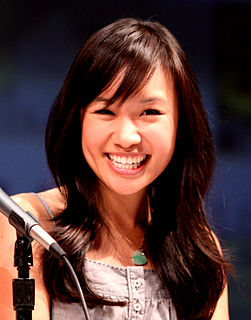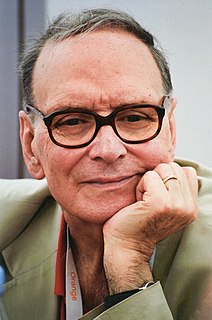A Quote by Nicholas Stoller
And then my editor really likes that because he's left alone to do what...to create those things instead of me breathing over his shoulder and I like it because I don't have to sit in the editing room all day. I get to watch just dailies.
Related Quotes
Every day is still exciting. I have like a very good system worked out with my editor. Some directors are in there every day, sitting there in the room with the editor. I lose perspective incredibly quickly, and so what I do is I watch...I come in the room and give very specific notes and then I go back to my house or in my office and I watch the dailies.
Brian De Palma was one of the rare directors who wanted us all to go to dailies. It was like a party. After shooting The Boy In The Plastic Bubble, we'd all walk over together, at like 5 or 6 o'clock, to the little theater. And we'd sit down and watch the dailies from like, the day before. And John Travolta, whenever I came onscreen, he was just laughing hysterically. He just thought I was a riot.
At the end of the day, making 'Monster' was unbelievably hard, as making any movie is. And the only thing that made it worth it is not those awards and all those kind of things that I can barely remember because I was so overwhelmed. It was really that night in the editing room, that day on set. It was those things.
Writing is so... I don't know, it's such a practice, and I feel very unpracticed in it, because I'm not doing it every day. And I really need to do it every day. In other words, you spend all this time writing a movie, and then you stop, and then you're shooting the movie, and then you're cutting, and a year and a half goes by, because in the editing room, you're not writing.
I don't back down. Like, I don't know how to flop. That's never been a part of my game. For me to know if a guy likes to turn left shoulder or right shoulder in the post, I have an advantage. Or if he likes to go left all the time, I have an advantage. Or if he can't make open jump shots, I have an advantage.
When you write, you're alone in a room. And when someone reads a book, they're alone in a room, too, usually. It's a really intimate exchange. And so people ask me where I get the boldness to talk about this or that, but I didn't feel like it required any sort of courage, because I was alone. Sometimes it feels weird for people to read it.
It's funny, because it's like the fight when you watch it, it's probably going to be like five minutes, but it's taken us like a month to shoot it so I think what was really interesting was that instead of going through an entire fight sequence, you're doing one or two moves over and over and over, so I'd say it's less exhausting than actually training, because you're not really constantly going over the choreography, like the whole entire thing with everybody. You're just doing that one part that they need in the shot.




































